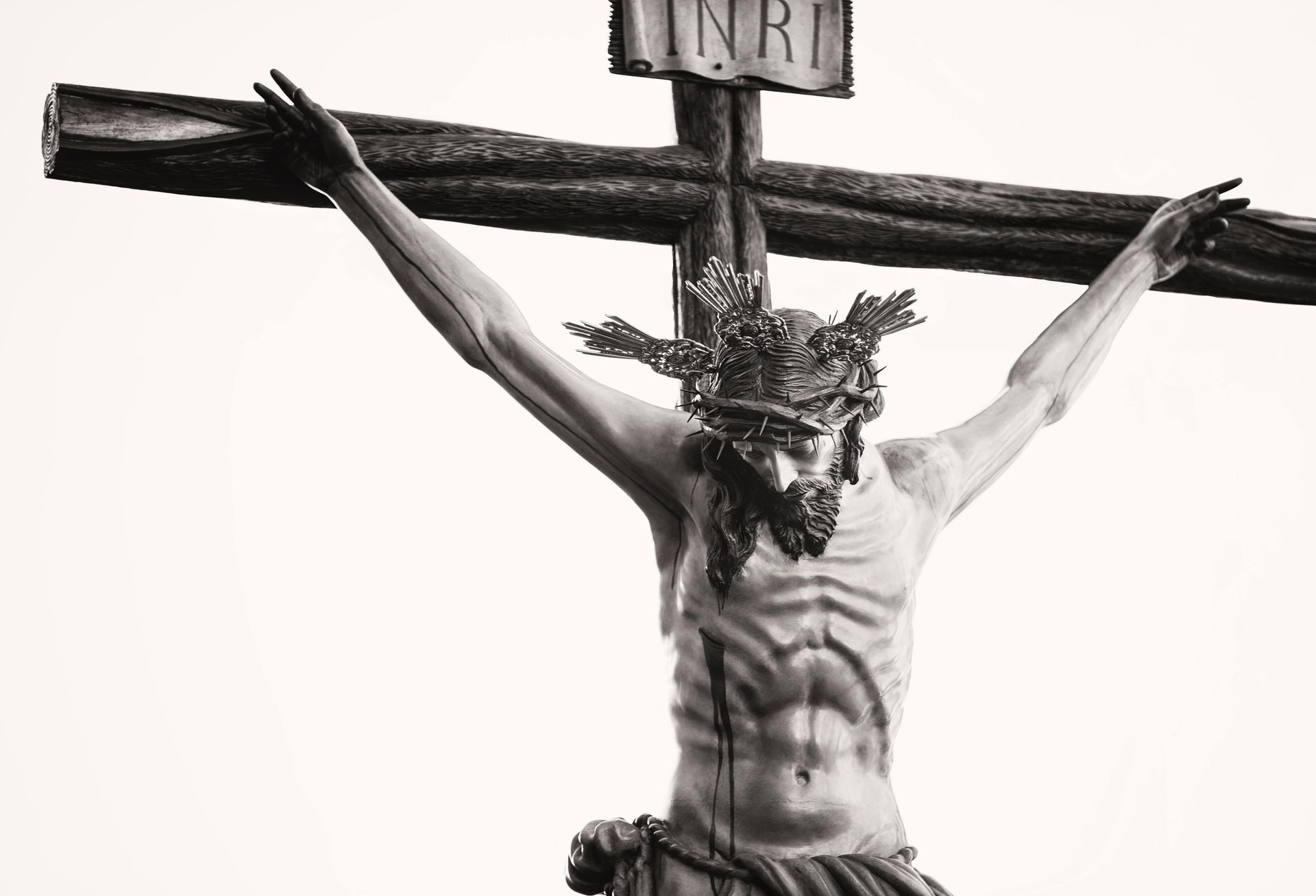Discover the Catholic Perspective on AI Ethics
This guide explores the intersection of faith and technology, addressing moral considerations in AI development.
How does the Catholic Church view artificial intelligence? Learn about the ethical implications and guiding principles from a Catholic standpoint.
In today's rapidly evolving technological landscape, artificial intelligence (AI) stands out as a transformative force with the potential to reshape societies and industries globally. However, as AI continues to advance, it raises profound ethical questions that intersect with religious teachings and moral considerations. For the Catholic Church, a foundational question emerges: How can AI be developed and deployed in ways that align with the principles of Catholic ethics and uphold the dignity of the human person?
Understanding the Catholic Ethical Framework
At the heart ofI the Catholic approach to ethics is the conviction that technology, including AI, should serve humanity and support the common good. This perspective is rooted in the belief that every human life is sacred and possesses intrinsic dignity. Therefore, any technological advancement must prioritize the well-being of individuals and communities.
Respect for Human Dignity
Central to Catholic social teaching is the respect for human dignity. When engaging with AI, this principle emphasizes the importance of ensuring that AI systems do not dehumanize individuals or reduce them to mere data points. Instead, AI should be designed to enhance human capabilities, encourage human flourishing, and create inclusive societies.
The Principle of the Common Good
Catholic ethics calls for technology that benefits the common good, supporting systems that uplift society as a whole rather than merely benefiting a select few. This principle challenges AI developers and policymakers to consider how AI can address social inequities, improve access to essential services, and promote justice across communities.
Ethics of Privacy and Data Protection
With AI's reliance on vast data sets, the Catholic perspective underscores the need for strong ethical guidelines around privacy and data protection. The Church advocates for transparency in AI processes, ensuring that individuals have control over their data and that their information is used responsibly and ethically.
AI and the Preferential Option for the Poor
Catholic social teaching includes a "preferential option for the poor," which urges a focus on the needs of the disadvantaged and marginalized. AI development, from this viewpoint, should aim to bridge gaps and provide opportunities for those who are often left behind in technological advances.
Ensuring Accountability and Transparency
AI systems must be developed with accountability and transparency in mind. The Catholic Church emphasizes the moral responsibility of developers and users to ensure that AI decisions are understandable and that systems remain subject to human oversight and ethical scrutiny.
Engaging in Ongoing Dialogue
The Catholic perspective encourages continuous interdisciplinary dialogue involving theologians, ethicists, technologists, and policymakers. By engaging in open conversations, diverse stakeholders can collaboratively navigate the ethical challenges posed by AI and work toward technological solutions that resonate with moral values.
Conclusion: A Call for Ethical AI Development
As AI continues to permeate daily life, the Catholic perspective on AI ethics calls for a thoughtful and principled approach to its development and implementation. By prioritizing human dignity, promoting the common good, and ensuring equitable access, the Church provides a moral compass to guide the ethical integration of AI into society.
In this critical endeavor, the Catholic community stands ready to contribute its rich ethical tradition and engage with wider society in fostering a future where technology truly serves humanity.

















